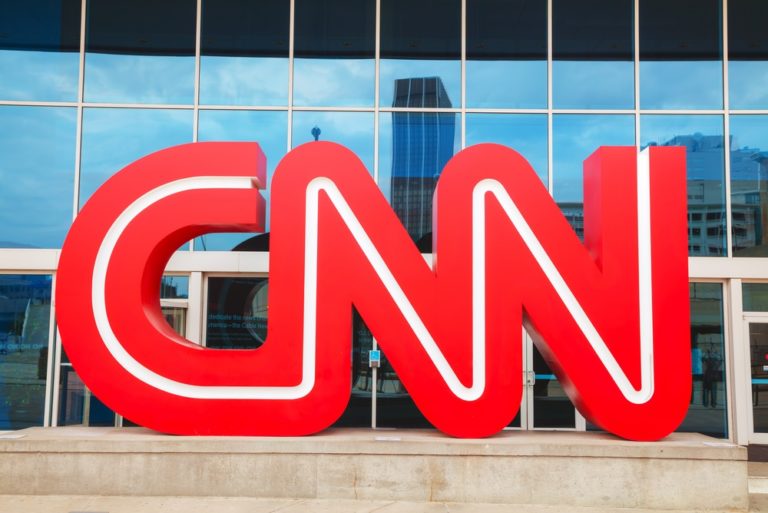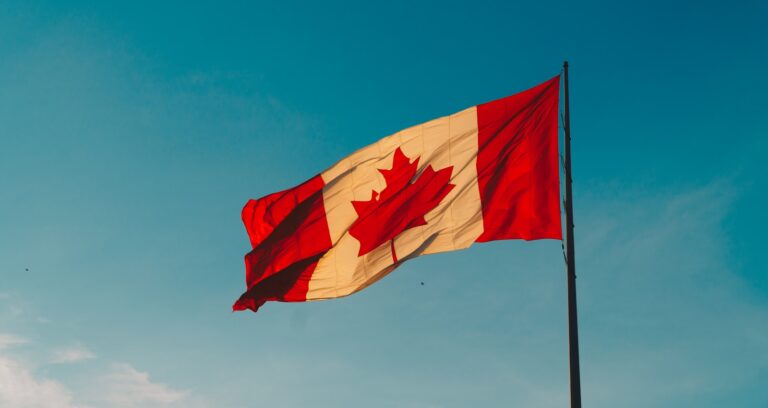Key Takeaways
- Trump promised to lower grocery prices but they have kept rising.
- His tariffs on Brazil and Canada pushed up the cost of beef and other goods.
- He now plans to import large amounts of beef from Argentina to ease price pressure.
- Some Republican lawmakers oppose this move to protect local ranchers.
- Many Americans still struggle with higher grocery prices across the country.
Donald Trump often boasts that he “won on groceries.” He even says he invented the word. However, shoppers at the store tell a different story. Instead of falling, grocery prices have climbed under his policies. In fact, many Americans now pay much more for basics.
Trump began slapping high tariffs on imports from several countries. He argued those fees would bring manufacturing and farming jobs back to America. Yet, everyday consumers have borne the brunt of those charges. As a result, grocery prices keep climbing. Consequently, families see bigger bills at checkout every week.
Meanwhile, Trump continues to insist that he cares most about groceries. He headlines his speeches with the word “groceries” to show he puts food first. Yet, food costs remain the top worry for American households. Despite his repeated claims, the data on grocery prices paints a stark picture of higher costs.
Tariffs and Their Impact on Grocery Prices
First, Trump imposed steep tariffs on steel, aluminum and many agricultural products. Then he targeted imports from Brazil and Canada. These measures aimed to protect U.S. farmers and ranchers. However, they raised costs for everyone else. Tariffs are essentially taxes on goods coming into the country. Therefore, importers and retailers pass those costs on to you and me.
In particular, beef prices spiked after tariffs hit Brazil, a major meat supplier. Brazil supplies roughly 20 percent of U.S. beef imports. With new fees in place, Brazilian beef grew more expensive. U.S. ranchers and packers then raised their own prices. Soon enough, your favorite steak or burger cost much more.
Also, tariffs on Canadian food products affected dairy and produce. Cheese, butter and other staples saw price jumps. In turn, grocery stores increased their price tags to cover higher wholesale costs. Thus, tariffs intended to protect growers ended up driving grocery prices higher for shoppers.
Argentina Beef Plan Sparks Republican Split
Facing political heat over soaring food costs, Trump unveiled a new idea. He proposed importing large volumes of beef from Argentina. He hopes that extra supply will cool beef prices in U.S. stores. In theory, more meat on the market should lower costs for consumers.
However, this plan has angered many Republican lawmakers. Ranchers in states like Texas, Oklahoma and Nebraska fear unfair competition. They worry Argentine beef will undercut U.S. cattle producers. As a result, a handful of Republicans broke ranks and voted against Trump’s tariffs on Brazil and Canada. They want those fees lifted now to ease grocery prices.
Their votes mark a rare split in the party. Usually, GOP senators back Trump’s trade moves. Yet, concerns over rising grocery prices and local jobs won them over. Some senators argued that steady food costs matter more than trade battles with Brazil and Canada.
The Consumer Cost: Families Feel the Pinch
Across America, families feel the squeeze at every grocery aisle. In Florida, Iowa, Montana and the Dakotas, grocery prices have climbed nearly 6.5 percent. West Virginia saw increases around 7 percent. In Pennsylvania, the jump topped 8 percent.
To put it simply, groceries are now a bigger share of most household budgets. Parents must choose between a full cart and other bills like rent or utilities. Students and seniors on fixed incomes face tough trade-offs too. They skip certain items or buy less, hoping to stretch their dollars.
Even basic purchases like eggs, milk and apples now cost significantly more than last year. In fact, bacon and ground beef have almost doubled in some areas. These spikes have led to stories of families cutting out expensive foods altogether. Consequently, many shoppers seek cheaper alternatives or switch to store brands.
What the Polls Say About Grocery Prices
Inflation and the cost of living rank as top voter concerns. In recent polls, grocery prices emerge as the worst issue for Trump. A new nationwide survey shows just 27 percent of Americans approve of his handling of food costs. Meanwhile, a majority say prices have become unmanageable.
The chair of the Federal Reserve has also raised alarms about possible stagflation. That’s when inflation stays high but economic growth stalls. In that scenario, grocery prices would not only stay elevated but also cripple job gains. As a result, the Fed might have to choose between raising rates further or letting inflation run hot.
At the same time, Trump’s rivals in the race for 2024 are seizing on grocery prices as a campaign issue. They argue his tariffs have failed consumers and hurt the average family. Some even point to the Republican senators who broke with him as proof that his approach is flawed.
Looking Ahead: Will Grocery Prices Fall?
Ultimately, the fate of grocery prices depends on several factors. First, whether tariffs on Brazil and Canada stay in place matters. If lawmakers vote to end those fees, import costs should fall. Then, beef and dairy prices could ease over time.
Second, the success of the Argentina beef deal remains to be seen. Even if it goes ahead, supply chains take months to adjust. Shoppers might not see relief until late next year. Meanwhile, local ranchers will keep fighting for protections.
Finally, broader inflation trends play a big role. If overall inflation cools, grocery prices often follow. But if energy or labor costs stay high, food prices could stick at elevated levels. In any case, Americans will keep watching the price tags and voter polls.
Frequently Asked Questions
What is causing grocery prices to rise?
Grocery prices are rising mainly due to tariffs on major food exporters, higher fuel costs and global supply disruptions. These factors combined force grocers to charge more at checkout.
How do tariffs on Brazil and Canada affect U.S. shoppers?
Tariffs act like extra taxes on imported goods. When Brazil and Canada face higher fees, their exports cost more. Then U.S. retailers pass those added costs along, raising grocery prices here.
Could Argentine beef imports really lower prices?
In theory, adding more beef supply can push prices down. However, setting up new import deals and shipping meat takes time. Plus, local ranchers may face unfair competition, making this solution controversial.
Why did some Republicans break with Trump on tariffs?
Lawmakers from ranching states fear tariffs hurt their local economy. They saw rising grocery prices as a political liability for their voters. As a result, a few joined Democrats to vote against the tariffs.









